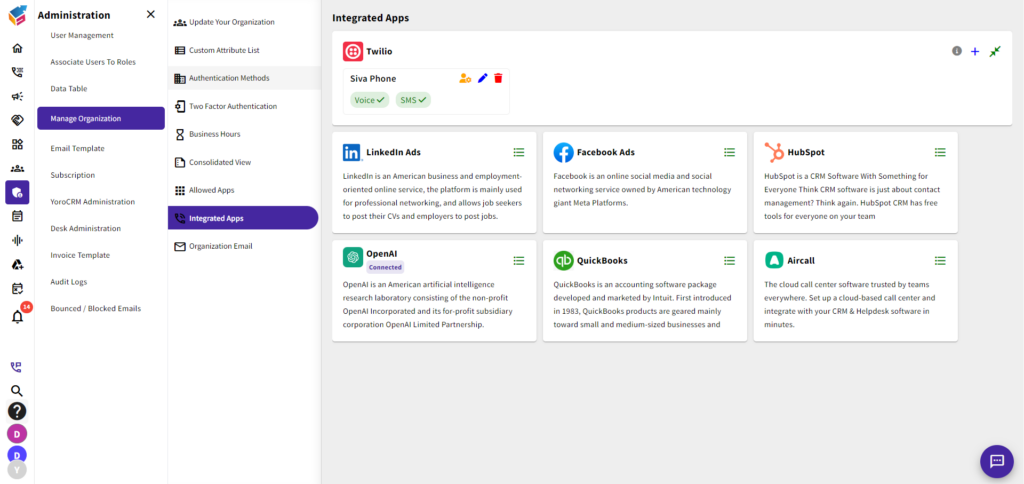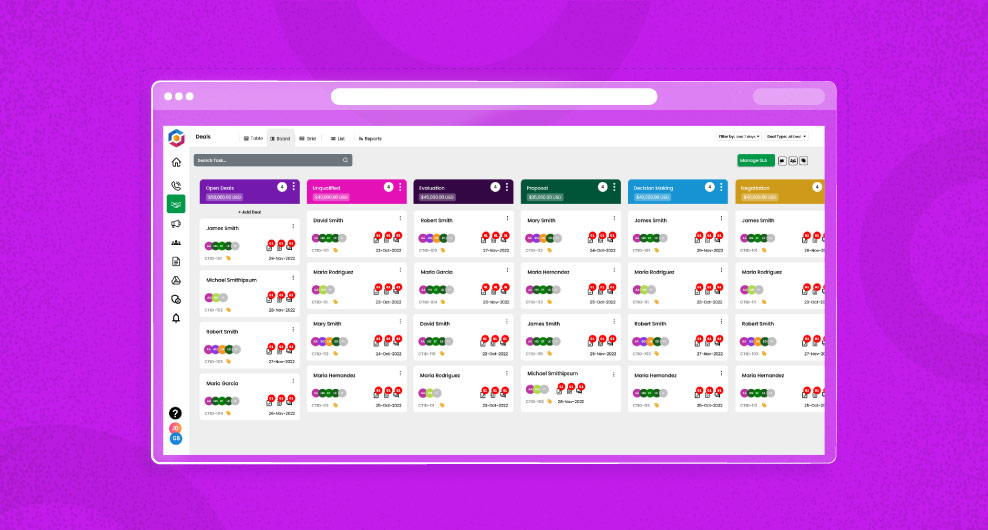Table of Contents
Consider any high-achieving team across various domains, and a common thread emerges: exceptional leadership. picture a rowing team, for instance, where the coxswain, positioned at the stern, guides, and orchestrates the rowers’ movements. In the absence of effective leadership, even the most talented athletes would find themselves adrift, unable to reach their pinnacle. Similarly, within a sales team, the sales operations department assumes the role of the coxswain.
This comprehensive guide will navigate you through the essence of a sales operation, elucidate its pivotal role in the success of your sales infrastructure, and provide insights into establishing your own proficient sales ops team.
What is a Sales Operation?
Sales Operations, often abbreviated as Sales Ops, is a multifaceted function within a sales organization that focuses on optimizing and supporting the sales team’s effectiveness and efficiency. It involves a combination of strategic sales planning, process improvement, data analysis, technology integration, and cross-functional collaboration to enhance the overall sales process.
Key components of Sales Operations include:
- Strategic Sales Planning: Sales operations are involved in aligning the sales strategy with the overall business objectives. This includes setting goals, defining key performance indicators (KPIs), and developing strategies to achieve sales targets.
- Process Optimization: Sales operations analyze and optimize sales processes to ensure they are streamlined and efficient. This may involve evaluating the entire sales cycle, identifying bottlenecks, and implementing improvements to enhance productivity.
- Data Analysis: Leveraging data and analytics is a crucial aspect of sales operations. It involves collecting and analyzing sales data to gain insights into performance, identifying trends, and make informed decisions that contribute to the success of the sales organization.
- Technology Integration: Sales Operations is responsible for selecting, implementing, and optimizing the use of sales automation tools that support the sales process. This may include Customer Relationship Management (CRM) systems, sales analytics tools like YoroCRM, and this CRM tool that helps in managing customer relationships, tracking sales activities, and improving overall efficiency.

- Cross-Functional Collaboration: Sales operations collaborates with various departments, including marketing, finance, and product management, to ensure that sales strategies align with broader organizational goals. Effective communication and coordination across departments contribute to the overall success of the sales team.
- Sales Forecasting: Sales operations are often involved in sales forecasting, which includes predicting future sales performance based on historical data, market trends, and other relevant factors. Accurate forecasting is essential for resource allocation, budgeting, and strategic decision-making.
- Training and Development: Sales operations may play a role in designing and implementing training programs for the sales team. This ensures that sales representatives are equipped with the knowledge and skills needed to effectively engage with customers and meet sales targets.
- Performance Measurement: Establishing and monitoring key performance indicators (KPIs) helps sales operations assess the success of sales strategies and identify areas for improvement. This involves regularly measuring and reporting on sales performance metrics.
Sales operations acts as a strategic partner to the sales team, creating an environment that fosters efficiency, effectiveness, and alignment with the organization’s overall goals. It plays a critical role in optimizing processes, leveraging technology, creating effective marketing campaigns and driving continuous improvement to contribute to the success of the sales function.
What is the Difference Between Sales Operations & Sales Enablement?
Sales Operations and Sales Enablement are distinct functions within a sales organization, each serving unique purposes to enhance overall efficiency and effectiveness. Here is a breakdown of the key differences between Sales Operations and Sales Enablement:
Focus and Scope:
- Sales Operations: Primarily concerned with the internal processes, systems, and infrastructure that support the sales team. It involves activities like strategic planning, process optimization, data analysis, and technology integration to ensure the sales organization runs smoothly.
- Sales Enablement: Focuses on empowering the sales team with the tools, resources, and training they need to effectively engage with customers. Sales enablement aims to improve the performance and productivity of individual sales representatives by providing them with the right content, knowledge, and skills.
Internal vs. External:
- Sales Operations: Internally focused, dealing with the optimization of internal processes, data management, and overall sales efficiency. It often collaborates with various departments to align strategies and improve overall business operations.
- Sales Enablement: Externally focused, working to enhance the capabilities of the sales team in their interactions with customers. Sales enablement aims to improve the customer onboarding, and the customer-facing aspect of sales by ensuring that sales representatives have the necessary tools and information to engage effectively.
Strategic vs. Tactical:
- Sales Operations: Generally involved in strategic planning, decision-making, and long-term optimization of sales processes. It plays a crucial role in aligning sales strategies with overall business objectives.
- Sales Enablement: Often more tactical, focusing on the immediate and practical needs of the sales team. This includes providing sales reps with the right content for specific situations, training for product knowledge, and tools for better communication.
Responsibilities:
- Sales Operations: Involves responsibilities such as data analysis, sales forecasting, technology implementation, strategic planning, process automation and improvement. It ensures that the sales organization operates efficiently and aligns with business goals.
- Sales Enablement: Responsibilities include creating and curating sales content, developing training programs, providing tools for sales reps, ensuring that the team is equipped to engage effectively with customers, and facilitating strategies for successful customer acquisition.
Timeline of Impact:
- Sales Operations: Often has a more long-term impact on the overall efficiency and effectiveness of the sales organization. Changes and optimizations may take time to implement but can lead to sustained improvements.
- Sales Enablement: Tends to have a more immediate impact, providing sales reps with the tools and knowledge they need for specific sales situations, thereby improving their performance in the short term.
While Sales Operations focuses on optimizing internal processes and aligning strategies with broader business goals, Sales Enablement is more externally focused, concentrating on empowering the sales team for immediate, customer-facing success. Both functions are critical for a well-rounded and high-performing sales organization.
Conclusion
In conclusion, understanding the role of Sales Operations is paramount for any organization aiming to build a high-performance sales team. It goes beyond mere support functions and emerges as a strategic driver of success. By aligning strategy, optimizing processes, leveraging technology, and embracing a culture of continuous improvement, Sales Operations ensures that the sales engine runs smoothly, contributing significantly to the overall success of the business.




